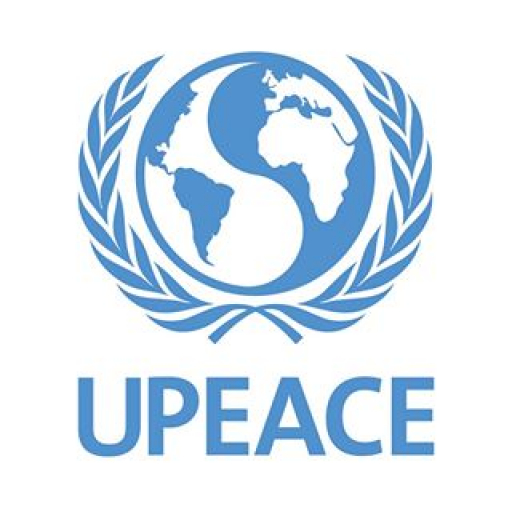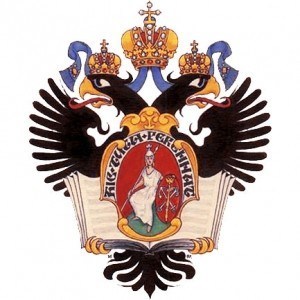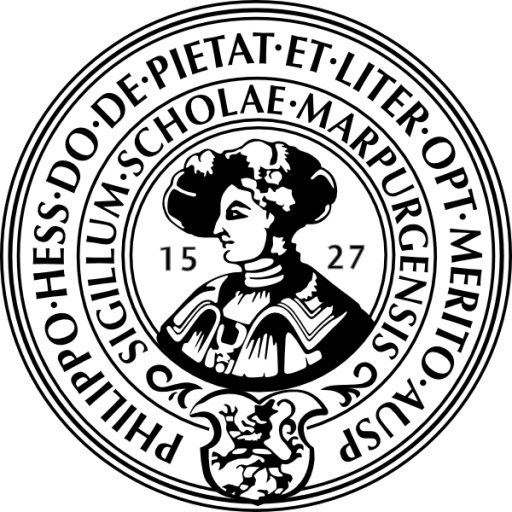Photos of university / #unioslo
Peace and Conflict Studies at the University of Oslo offers a comprehensive interdisciplinary program designed to equip students with a deep understanding of the causes, dynamics, and resolutions of conflicts worldwide. This master's degree program emphasizes the analysis of peacemaking processes, conflict prevention, and post-conflict reconstruction, integrating perspectives from political science, history, sociology, and international relations. Students will explore various theoretical frameworks and empirical case studies to develop critical skills in conflict analysis, negotiation, and mediation. The program fosters a multidisciplinary approach, encouraging students to consider cultural, economic, and social factors influencing conflicts and peacebuilding efforts. Throughout the course, students engage with real-world issues through seminars, project work, and internships, gaining practical experience and preparing for careers in international organizations, NGOs, government agencies, or academia. The program also offers opportunities for specialization in areas such as human rights, security studies, or development cooperation. With a faculty renowned for expertise in peace and conflict research, students benefit from cutting-edge academic resources and a vibrant academic community. Graduates of the program are well-equipped to contribute meaningfully to the promotion of peace, justice, and sustainable development at local, national, and international levels. The curriculum is designed to be flexible, accommodating students with diverse backgrounds and career aspirations, and encourages active participation, critical thinking, and ethical considerations in all aspects of conflict analysis and resolution. Overall, Peace and Conflict Studies at the University of Oslo prepares students to understand complex globally relevant issues and become effective agents of positive change in conflict-affected environments worldwide.
The Master’s Programme in Peace and Conflict Studies at the University of Oslo offers students a comprehensive understanding of the theories, concepts, and practical approaches related to peacebuilding, conflict resolution, and the management of political and social conflicts. The programme aims to equip students with the analytical skills necessary to critically assess conflicts at local, national, and international levels, and to develop effective strategies for promoting peace and stability in diverse settings. Throughout the curriculum, students engage with interdisciplinary perspectives drawn from political science, sociology, anthropology, history, and international relations, providing a holistic view of the complex factors that underlie conflicts and peace processes worldwide.
The programme covers a wide range of topics, including the nature and causes of conflicts, peace negotiations and mediations, post-conflict reconstruction, human rights, security, and the role of international organizations and actors in peacebuilding efforts. Students will explore case studies from different regions, enabling them to understand the contextual factors that influence conflict dynamics and peace initiatives. Emphasis is placed on both theoretical understanding and practical skills, such as conflict analysis, negotiation, dialogue facilitation, and peacekeeping operations.
In addition to classroom learning, the programme offers opportunities for fieldwork, internships, and participation in global peace initiatives, fostering real-world experience and networking with professionals in the field. The university's strong links with international organizations, governmental agencies, NGOs, and research institutes provide students with valuable platforms for engagement and career development. Graduates of the programme are well-prepared to work in various sectors, including international organizations, governments, NGOs, and research institutions, where they can contribute to conflict prevention, peacebuilding, and reconciliation processes.
The Master’s Programme in Peace and Conflict Studies also emphasizes critical reflection on ethical issues and the impact of global power relations on peace processes. Students are encouraged to think critically about the roles and responsibilities of different actors involved in conflicts and peace initiatives, fostering a nuanced understanding of the moral and political challenges faced in this field. Upon completion, students will have developed a specialized skill set and knowledge base that enables them to analyze conflicts systematically and to contribute meaningfully to efforts aimed at fostering lasting peace and stability in complex and often volatile environments.
The Master’s Programme in Peace and Conflict Studies at the University of Oslo requires applicants to hold a Bachelor's degree or an equivalent qualification from an internationally recognized university. The degree should preferably be within the fields of social sciences, humanities, or other relevant disciplines related to peace and conflict. Applicants must demonstrate proficiency in English, typically through standardized tests such as TOEFL or IELTS, with minimum scores set by the university. The program selects candidates based on a combination of academic grades, relevant work or volunteer experience, motivation letter, and references. The motivation letter should clearly outline the applicant’s interest in peace and conflict studies, their academic background, and career aspirations related to the field. Recommendations are required from previous academic supervisors or professional instructors who can attest to the applicant’s potential for graduate studies. Some knowledge or prior coursework in related areas such as international relations, political science, security studies, or human rights can strengthen an application. In addition, applicants are encouraged to demonstrate familiarity with current issues in peace and conflict, including global or regional challenges. The programme may also consider applicants’ engagement in civil society activities or peacebuilding projects as a valuable asset. Once admitted, students are expected to actively participate in coursework, seminars, and research projects. They must complete coursework assignments and pass exams as specified in the curriculum. The programme emphasizes interdisciplinary approaches, critical analysis, and practical engagement, preparing graduates for careers in international organizations, NGOs, research institutions, or governmental agencies involved in peacebuilding and conflict resolution.
The financing for the Master’s programme in Peace and Conflict Studies at the University of Oslo primarily comprises domestic and international students' tuition fees, scholarships, and possible funding opportunities through governmental and non-governmental organizations. As of recent data, the University of Oslo offers tuition-free education for all students, including international students, which significantly reduces the financial barriers associated with pursuing a Master’s degree at this institution. Students are responsible for living expenses, including accommodation, food, transportation, and study materials, which vary depending on individual circumstances and lifestyle choices.
The university provides a range of scholarships and financial aid options for international students to support their studies. The Norwegian Government Scholarship Programme and various external organizations offer grants and stipends to qualified applicants, especially those from developing countries or with a demonstrated interest in peace and conflict studies. Additionally, some students may secure funding from their home country’s government or private foundations to support their studies abroad. The university’s website encourages prospective students to explore external funding sources and apply for relevant scholarships early in the application process.
Furthermore, students may also engage in part-time work opportunities available on or near the university campus, which can supplement their income. The Norwegian regulations permit international students to work during their studies, generally up to 20 hours per week, providing further financial flexibility. The cost of living in Oslo is notably high, and students are advised to budget accordingly to ensure they can cover tuition and living expenses comfortably throughout their studies.
Research grants and teaching assistantships are not typically available for this specific master’s programme but may be accessible in related research centers or projects affiliated with the university. The university continues to prioritize accessibility and support for students through guidance on funding options, thereby enhancing the possibility for students to undertake their studies without excessive financial pressure.
In summary, the financing of the Peace and Conflict Studies master’s programme at the University of Oslo benefits from a tuition-free policy for all students, available scholarships, external funding opportunities, and part-time work options, all of which collectively facilitate aspiring students’ pursuit of higher education in this field.
The Master's degree in Peace and Conflict Studies at the University of Oslo offers a comprehensive interdisciplinary curriculum designed to equip students with essential analytical and practical skills relevant to understanding and resolving conflicts worldwide. This program covers a broad range of topics, including conflict theory, peacebuilding, international security, human rights, and post-conflict reconstruction, providing students with both theoretical insights and practical tools. Renowned for its rigorous academic standards and innovative research, the program is rooted in the university's strong tradition of peace research and international engagement. Students have the opportunity to engage in challenging coursework, participate in pioneering research projects, and collaborate with leading scholars and practitioners in the field. The program commonly emphasizes the importance of critical thinking, cultural awareness, and ethical considerations when addressing complex conflicts. It prepares graduates for careers in international organizations, NGOs, governmental agencies, and academia, where they can contribute to conflict resolution, peacebuilding, and sustainable development efforts. The University of Oslo facilitates an inclusive learning environment supported by extensive library resources, research centers specializing in peace and conflict, and opportunities for fieldwork. Additionally, international students and local students benefit from the university’s vibrant academic community and its commitment to promoting dialogue and understanding among diverse cultures. The program duration typically spans two years, requiring completion of coursework, a thesis, and sometimes internships, which provide real-world experience. Overall, the Master’s in Peace and Conflict Studies from the University of Oslo prepares students to become informed, effective professionals dedicated to fostering peace and justice globally.








